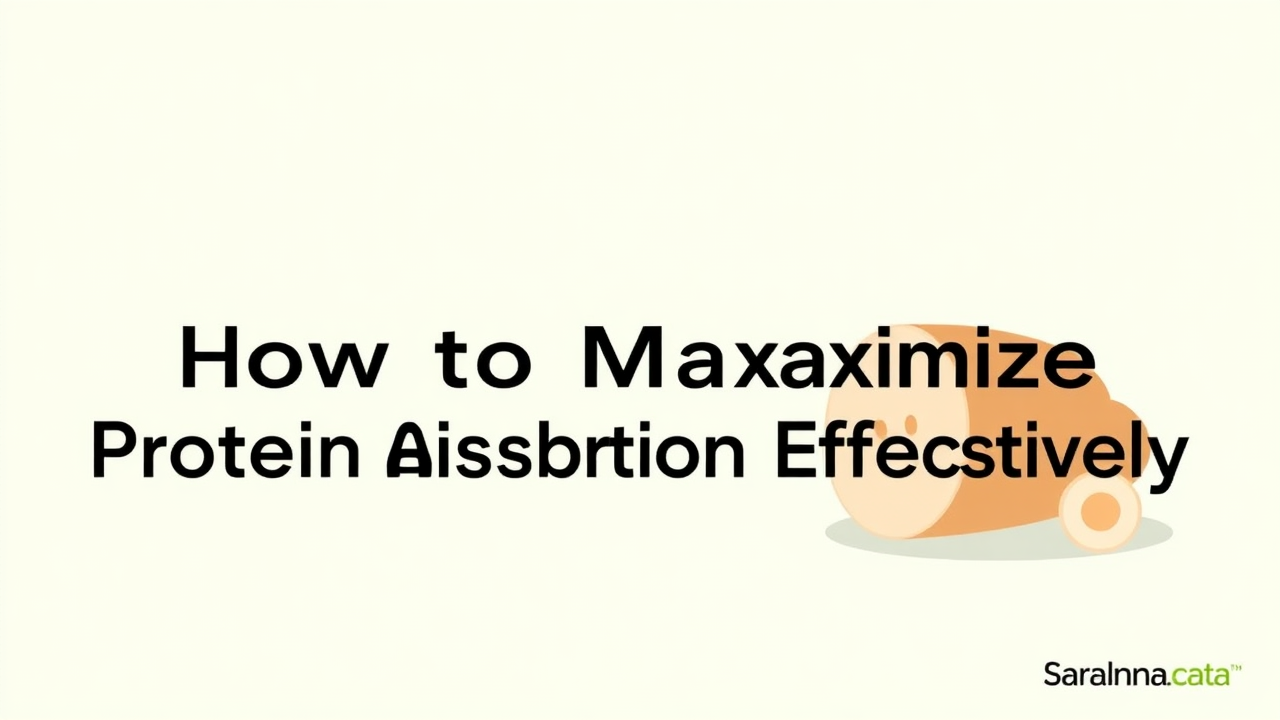Protein is a vital nutrient that supports muscle growth, repair, and overall health. It also aids in weight management and hormone production. While the body can digest large amounts of protein at once, the key question is how much it can effectively use for muscle building. Experts suggest that 0.3–0.4 grams per kilogram of body weight per meal, roughly 20–40 grams for most adults, maximizes muscle protein synthesis. This translates to spreading intake across 3–4 meals daily to reach about 1.6 grams per kilogram per day. Larger doses are not wasted; they extend the body's anabolic response or serve other functions like repair and energy. To optimize protein benefits, distribute intake evenly throughout the day, choose high-quality sources like eggs, fish, lean meats, or complementary plant foods, and pair with resistance exercise. Avoid common mistakes like consuming most protein at dinner or relying solely on low-quality plant sources.

How to Maximize Protein Absorption Effectively
To maximize protein absorption, experts recommend distributing intake evenly throughout the day rather than consuming large amounts in one meal. Choose high-quality protein sources such as milk, eggs, fish, lean meats, or complementary plant-based options like beans, lentils, tofu, and quinoa. Each meal should provide approximately 2.5–3 grams of leucine, a crucial amino acid that triggers muscle building. Combine this strategy with resistance exercise, proper recovery, and spaced meals instead of constant snacking to re-sensitize the body's muscle-building response. Avoid common mistakes like eating most protein at dinner, relying on incomplete plant sources without mixing, or skipping strength training. Older adults and those with digestive disorders need tailored approaches. Balance, not excessive supplementation, is key to effective protein utilization.
Source: Link
